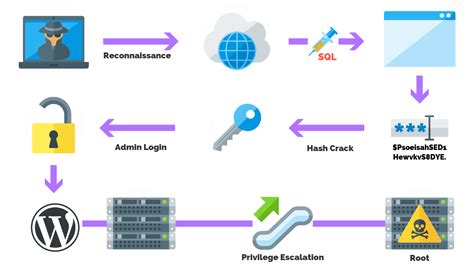In the evolving landscape of Linux system administration, a fresh development aimed at enhancing security practices around privilege escalation has recently surfaced. The systemd project, a cornerstone in managing system processes for numerous Linux distributions, has introduced a command known as run0. This tool is projected to redefine methods of achieving higher privileges for executing commands, which traditionally have been handled by utilities like sudo or su. Addressing the pervasive concerns about sudo’s broader attack surface, run0 emerges as part of systemd’s ambition to refine and secure system management.
The concept behind run0 is an innovative deviation from established setuid-based methods. Unlike sudo, which escalates user privileges within its process, run0 leverages the systemic capabilities of systemd itself to manage privilege elevation. This method does not involve setting setuid bits on executables but rather, communicates securely with the systemd process to execute commands under higher privileges. This design aims to minimize the potential attack vectors that often accompany traditional methods, providing a more controlled and secure environment for handling critical operation commands.
The introduction of run0 has sparked various discussions within the Linux community. Some users appreciate the attempt to reduce the high-risk exposure inherent to setuid binaries like sudo. By integrating directly with the systemd infrastructure, run0 utilizes a polkit-based approach for managing authorizations, which could lead to a neater and potentially safer handling of privilege elevation. However, for many, this deep integration with systemd is a point of contention, reflecting broader debates over systemd’s role within the Linux ecosystem, which some argue already extends too broadly.
Criticism arises from a subset of the community who are wary of systemd’s growing influence on Linux systems. The debate is not new; systemd has been at the center of various disputes regarding its role and the perceived monopolization of system processes. With the adoption of run0, which could potentially replace sudo, concerns about over-reliance on systemd are being voiced. It is essential to consider the balance between advancing software capabilities while maintaining a diverse toolbox that adheres to the Unix philosophy of simplicity.
Looking forward, the adoption of run0 will likely depend on its operational efficacy and the extent to which it can be integrated seamlessly within existing systems without disrupting user workflows. As Linux continues to evolve, the solutions to system management and security challenges must be critically assessed. The development of run0 is a step towards a potentially more secure Linux environment, but it also encapsulates the ongoing dialogue about the best practices for system management within the open-source community.


Leave a Reply